After leading marketing functions in several global consumer electronics companies for the past few years, Danny co-founded Nisplay, a portable tennis ball machine, aiming to lower the barrier for people to learn how to play tennis.
Danny Li (IMC15)
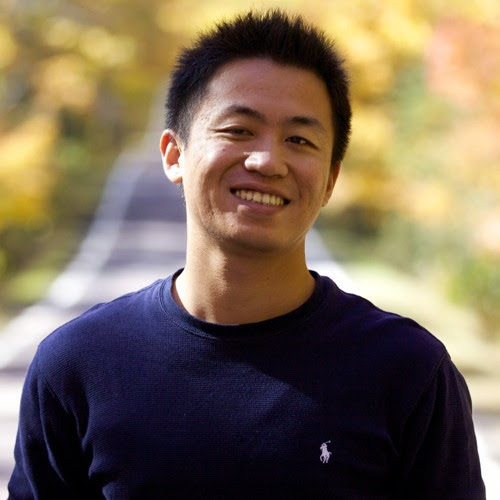

After leading marketing functions in several global consumer electronics companies for the past few years, Danny co-founded Nisplay, a portable tennis ball machine, aiming to lower the barrier for people to learn how to play tennis.
Mark G. Dillon ’86 MSJ of Minnetonka, MN was named Chair of the Board of Directors of the Czechoslovak Genealogical Society International (CGSI), a 2,000-member group dedicated to genealogy research, history and the advancement of Czech, Slovak and Carpatho-Rusyn culture. Dillon also serves on the Scientific Council of Kasigarda, the Museum of Emigration from Slovakia to North America, Tahyna, Slovakia.
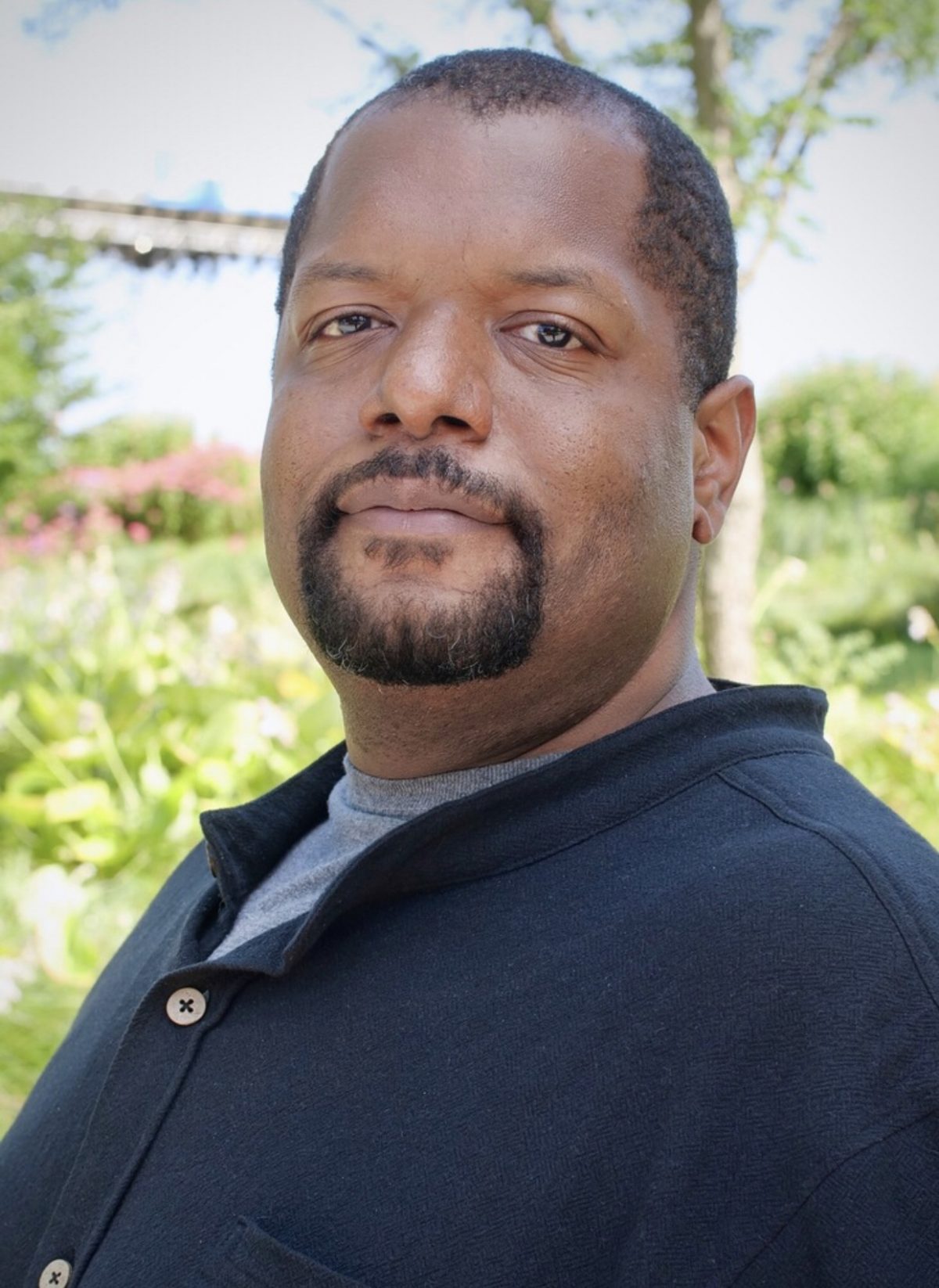
James and the team behind FRONTLINE’s Un(re)solved won a 2022 News and Documentary Emmy Award for Best Interactive Media: Innovation. The multiplatform investigation also earned a National Edward R. Murrow Award and two Online Journalism Awards, including one for Excellence in Audio Digital Storytelling, Limited Series. The project examines the U.S. government’s efforts to investigate dozens of cold case murders that date back to the civil rights era.
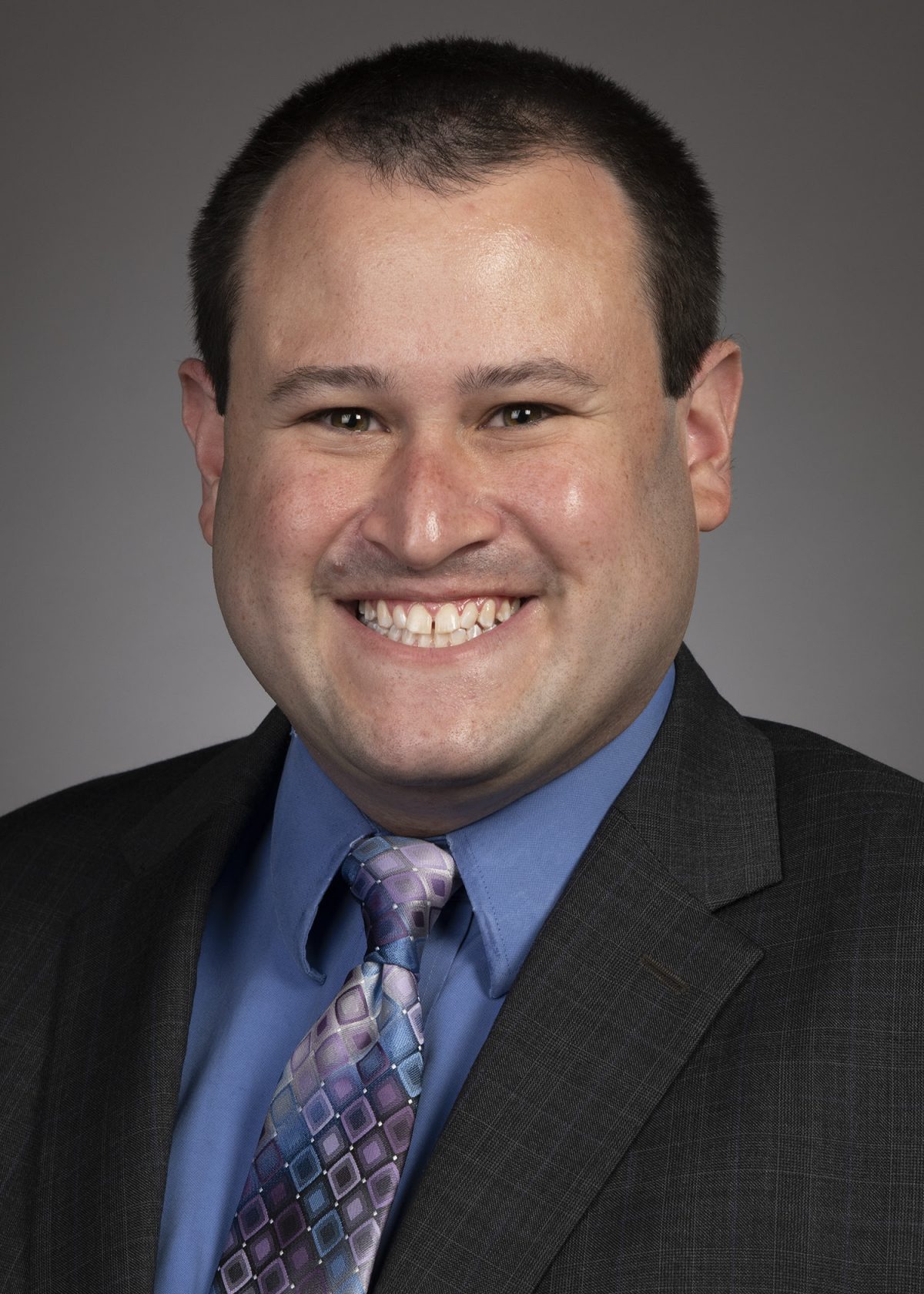
Seth Bernstein (BSJ 13, MS IMC 20) is a two-time Northwestern and Medill alum with marketing and communications experience across a variety of industries, including financial services, health care, academia and Major League Baseball. He recently began a new role as a Second Vice President and Client Communications Manager at Northern Trust after managing corporate and executive social media channels for 14 months at the Blue Cross and Blue Shield Association. Outside of work, Seth runs his own growing social media brand, @EatWithSeth, creating content that showcases local restaurants – and those he visits while traveling – on both Instagram and TikTok.
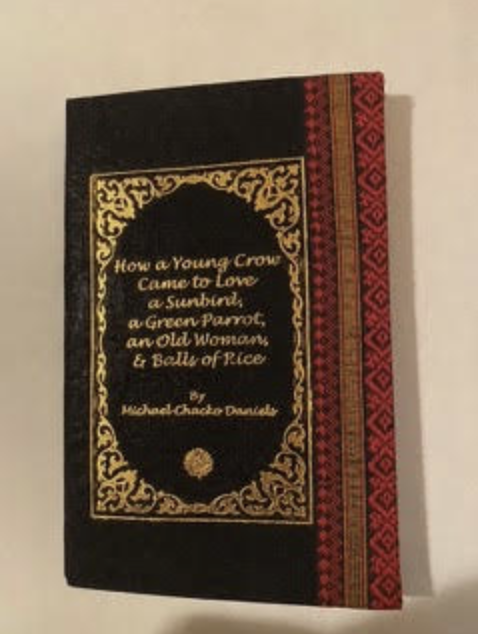
In his foreword to the book, Deepak Dalal writes:
“Although Michael Chacko Daniels has lived and written for over five decades in the US, presently in San Francisco – a city at the cutting edge of technology – this little fable shows that his heart still lingers in his beloved India, where he grew up.
The story starts off about a change to vegetarianism and how a member of the Indian Christian community, who loves meat and everything non-vegetarian, must bid farewell to his meat-eating days. But the inner story within the outer story develops into what reads like an Indian folktale. The central characters – the crows, the parrot and sunbird, the people and their offerings made to inanimate deities, and the transcendent transfiguration at the end – evoke the very essence of India.
Adrija Ghosh’s illustrations are of a uniformly high quality, the most appealing of which are her depictions of crows, evocatively conveying the bird’s cunning and resourcefulness. Her work is a perfect accompaniment complementing Daniels’s narrative.”
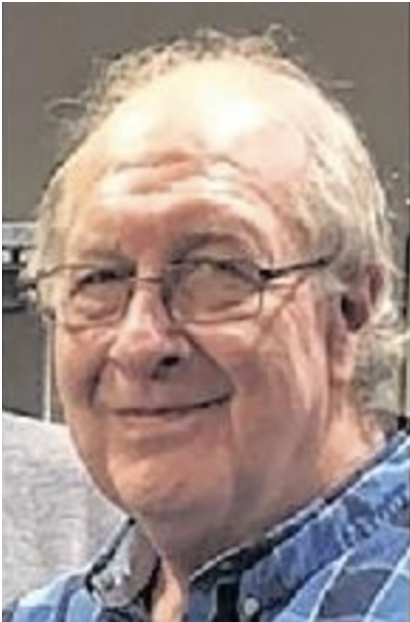
Kevin McDonald Lamb, 71, was born on Oct. 1, 1951, in St. Paul, Minnesota, and died peacefully on Oct. 30 at Oak Creek Terrace rehab center in Kettering. Kevin was the beloved husband of Carol Lamb, loving father of Courtney Goubeaux and the late Ryan Lamb, father-in-law of Robin Lamb and Justin Goubeaux, and grandfather of Payton, Griffin and Zooey Lamb. He was the dear brother of Larry (Carole) Lamb, Chris (Lesly) Lamb, Jenni (Dale) Allard, and Becky Lamb. Kevin is also survived by many dear relatives and friends. He was preceded in death by his parents Bob and Jean Lamb, and in-laws Tony and Mary Matusin.
Kevin’s lifelong passion for sports took him to The Milwaukee Journal, Newsday and The Chicago Sun Times as a sportswriter. He was hired to cover the Brewers right out of college at Northwestern University, a first for the Journal. He also covered the Chicago Bears, which took him to yearly NFL playoff games and Super Bowls, the highlight being the 1985 Bears Super Bowl win over the Patriots. He wrote several books and contributed to Sports Illustrated and NFL Properties, among other publications. He joined the Dayton Daily News as an investigative reporter, and later became the Health and Medical reporter. Along the way, Kevin won several local and national awards. A Gathering of family and friends 10 am until service time with a Celebration of Life service planned for 11 am, Saturday, Dec. 3, at Tobias Funeral Home, 5471 Far Hills Ave., Kettering, 45429. To send a condolence, visit www.Tobias-funeral.com.
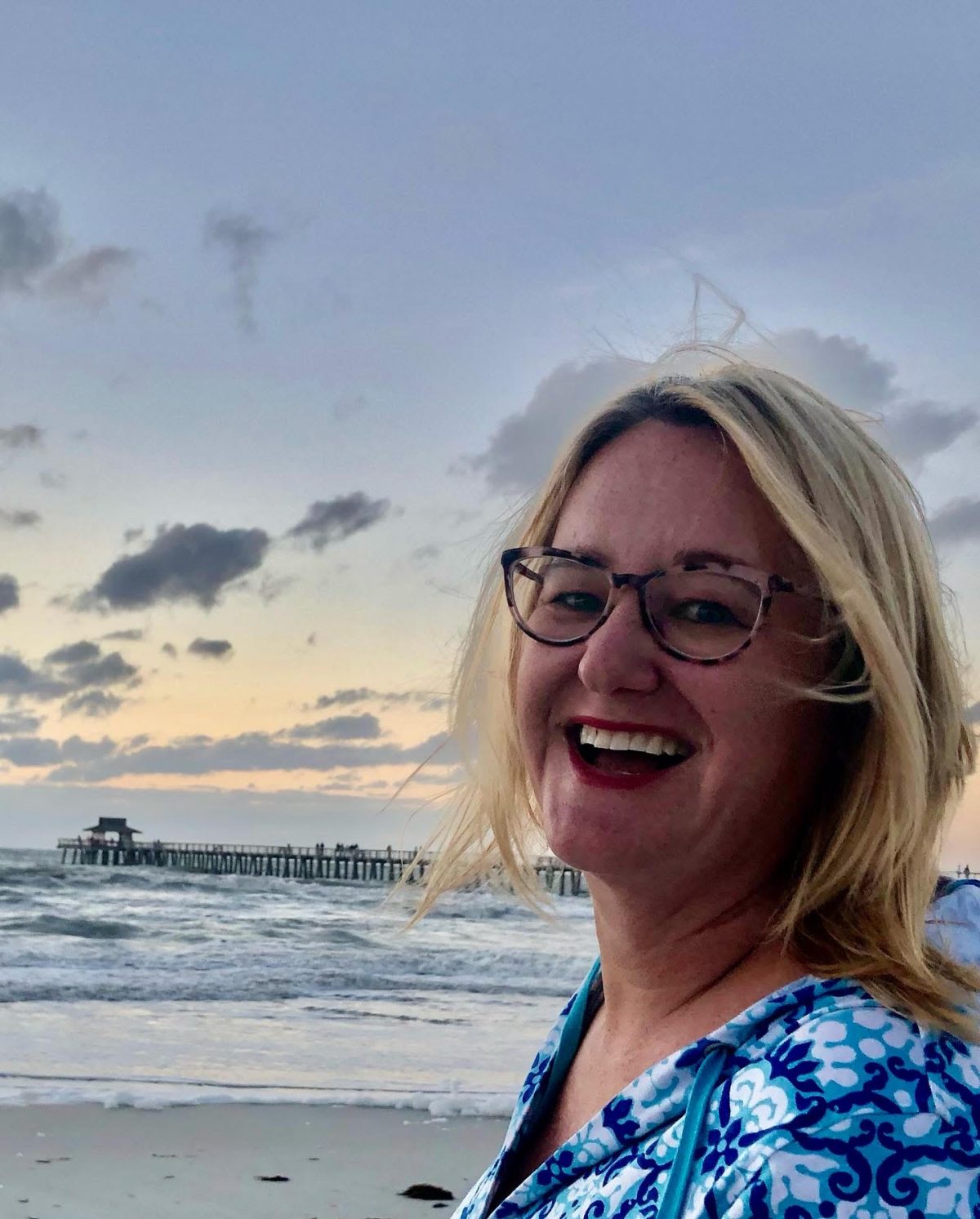
Chris Gray Faust has been promoted to Executive Editor, US of Cruise Critic. The website, part of TripAdvisor, remains the world’s largest cruise news and information site, even after the pandemic shut down the cruise industry for 15 months, Gray Faust, an award-winning travel writer and speaker, has been working at Cruise Critic for nine years. She lives in Yardley, PA with her husband, Don Faust. Follow her on social media @ChrisGrayFaust.
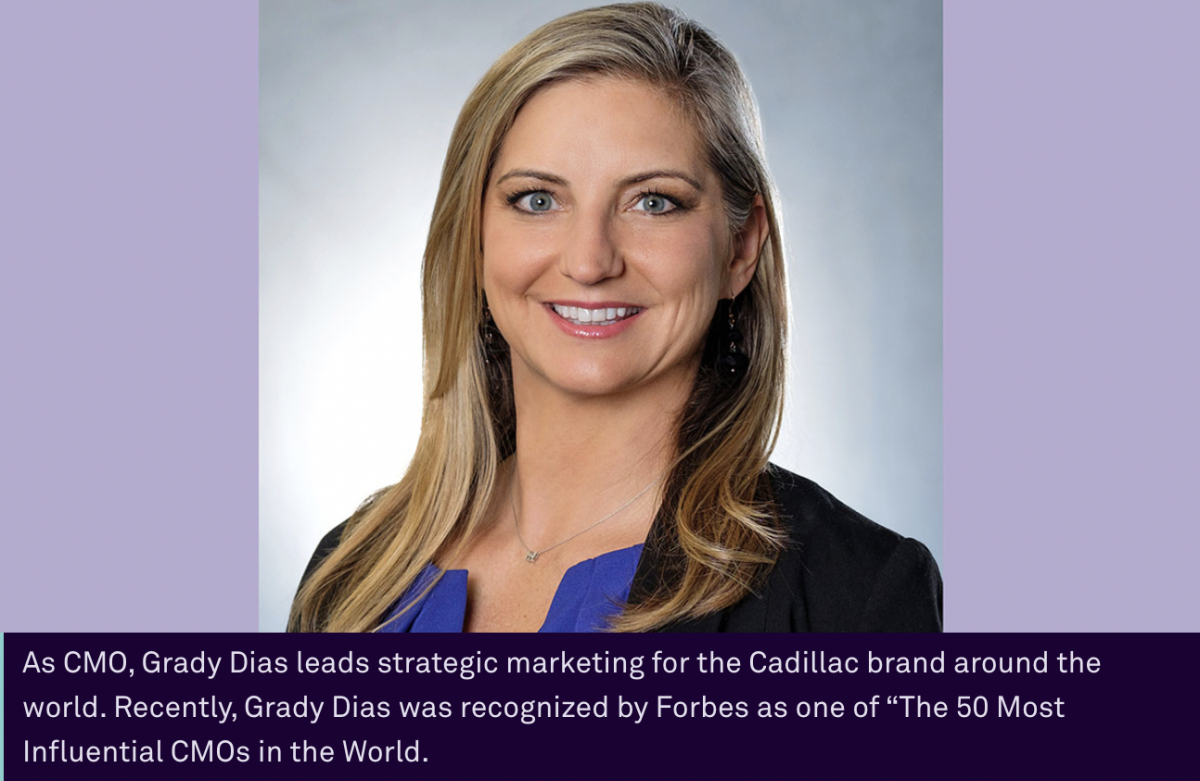
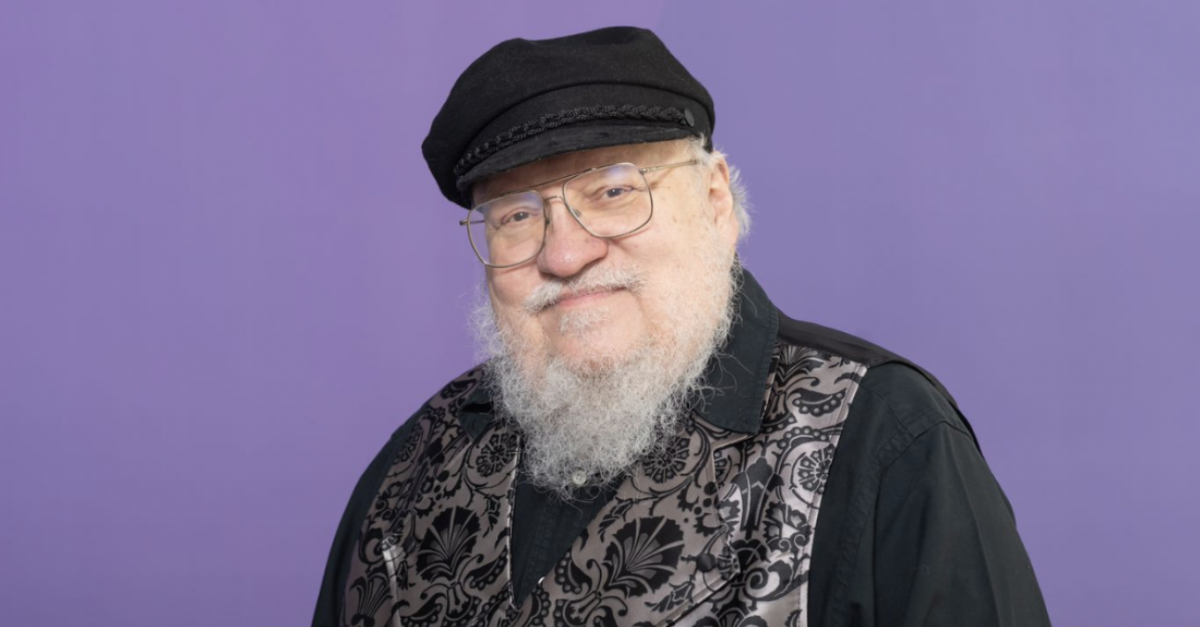
EVANSTON, Ill. — George R.R. Martin ’70, ’71 MS, ’21 H, author of the acclaimed “A Song of Ice and Fire” novels and co-executive producer of the Emmy award-winning “Game of Thrones” series, is sharing his love of storytelling through two gifts totaling $5 million to Northwestern University’s Medill School of Journalism, Media, Integrated Marketing Communications.
A $3 million gift will establish the George R.R. Martin Summer Intensive Writing Workshop, which will provide instruction for journalism professionals seeking to launch careers in creative writing. Launching in 2024, the workshop will enroll six to eight writers and authors each summer and afford budding fiction writers, screenwriters and playwrights the time, space and guidance to develop their projects.
A $2 million gift will establish an endowed professorship, the George R.R. Martin Chair in Storytelling. The professor who is named to this position will lead the George R.R. Martin Summer Intensive Writing Workshop, as well as teach courses across a breadth of genres, from narrative nonfiction to creative writing, to both undergraduate and graduate students.
“George R.R. Martin is a prolific and iconic author with an international audience,” Northwestern President Michael H. Schill said. “We are so grateful for his generosity to his alma mater, which will inspire and equip the next generation of storytellers at Northwestern.”
Medill helps students in its journalism and integrated marketing communications degree programs learn how to tell compelling stories, whether they are based on reporting or data. Martin’s investment will bolster Medill’s teaching in long-form narrative and storytelling and make the school a destination for writers seeking to hone their craft and launch their careers in fiction and writing for the screen and stage.
“The George R.R. Martin Chair in Storytelling and the Summer Intensive Writing Workshop will enable us to recruit, retain and host recognized authors and storytellers for the benefit of Northwestern students and writers from around the country,” said Charles Whitaker ’80, ’81 MS, dean of Medill. “These initiatives will help aspiring writers across myriad literary genres to make their mark on the world, as George has done.”
Through collaboration with faculty in the School of Communication and Weinberg College of Arts and Sciences, the Martin Chair also will convene panels and conferences on writing for students, the greater Northwestern community and the public and be a liaison to industries related to long-form narrative and storytelling.
About George R.R. MartinGeorge R.R. Martin is a novelist and short story writer who specializes in the fantasy, horror and science fiction genre and is best known for “A Song of Ice and Fire,” an international bestselling series of epic fantasy novels that HBO later adapted into the acclaimed dramatic series “Game of Thrones.” He serves as co-executive producer of the award-winning TV series, which has remained HBO’s biggest hit of all time since its conclusion in 2019. Martin also is the author of “Fire & Blood,” the basis for HBO’s “Game of Thrones” prequel “House of the Dragon,” which drew nearly 10 million viewers with its premiere episode. His books have sold millions of copies and been translated into 47 languages.
Martin received a B.S. in journalism from Medill in 1970 and an MS from the school in 1971. He was inducted into the Medill Hall of Achievement in 2015 and spoke at Medill’s 2021 convocation. That same year, Northwestern awarded Martin the honorary title of Doctor of Humane Letters.
Martin began writing at a young age, selling monster stories — accompanied by dramatic readings — to neighborhood children for pennies. In high school, he became a comic book collector and began to write fiction for comic fanzines (amateur fan magazines). Martin sold his first comic, “The Hero,” to Galaxy in 1970 at age 21; it was published in February 1971.
The New Jersey native taught journalism at Clarke College in Dubuque, Iowa, from 1976 to 1978 before becoming a writer-in-residence there from 1978 to 1979. His first experience in Hollywood was as a story editor for “The Twilight Zone” at CBS Television. He later became executive story consultant and then a producer for “Beauty and the Beast,” also on CBS. He also was executive producer for “Doorways,” a pilot he wrote for Columbia Pictures Television.
Martin has won several Hugo Awards for his short stories, novels, novellas and novelettes. He also has received four Emmy Awards for his work as co-executive producer of “Game of Thrones.” Martin was named one of “the most influential people in the world” by Time magazine as part of its 2011 Time 100 list.

Investigative journalism takes you to lots of unexpected places—everyone who enters the field is prepared to meet adventure. What I did not imagine is that my particular journey would lead to the boardroom of a startup, focusing on improving the lives of veterinary healthcare professionals.
After graduating from Medill in 1993, I returned to my hometown and worked for The Philadelphia Inquirer, The Associated Press and The Star-Ledger. I had many different beats, but my favorite work always involved listening to people who were unheard and giving voice to their stories. One of my proudest moments came when I was nominated for a Pulitzer Prize for a series exposing racial profiling on the New Jersey Turnpike.
It was while working at The Star-Ledger that an old friend and I began talking about starting a company. It was the height of the dotcom era, and the startup didn’t last. But the experience proved to be an important one because it showed me that I enjoyed the process of building a company from the ground up.
I knew enough to know I needed more training, though, so I went back to school to get my MBA at Temple University’s Fox School of Business. While I pursued the degree at night, I interned at a private equity firm called CMS Companies. I worked my way up to managing partner while investing in small companies in a variety of industries. One of those businesses was a group of veterinary hospitals. It was the idea of working in an industry that helped animals that ultimately led me to leave CMS and co-found a company to buy veterinary hospitals and help them operate better.
At the time a nationwide veterinary staffing shortage was just beginning to impact animal hospitals. Vets were leaving in droves because the hours were long and brutal. They came into the profession with high rates of student debt but got very little support from managers at their clinics and hospitals. Add to that a highly emotional job with lots of stressors. For those that stayed, there were high rates of burnout, anxiety, depression, and increased suicide risk.
It was clear to me that If we wanted to continue to value the health of our animals, we needed to place a higher value on the wellness and happiness of the doctors that treated them. Thus, the idea for IndeVets—a relief (locum) veterinary staffing company that made working conditions better for vets—was born.
What made IndeVets different from my previous startups is that from the very beginning I was guided not just by a problem that needed solving—the labor crisis in the veterinary industry—but also by a sense of social purpose: to improve the experience of practicing veterinary medicine, and by extension, uplift the lives of veterinary professionals.
If I could bring veterinary medicine more in line with the way today’s vets wanted to work, I knew I could help build a better future for the embattled industry. But as IndeVets grew from a hopeful concept into a full-fledged operation, the biggest challenge was convincing veterinarians that this new model wasn’t too good to be true.
Today, IndeVets serves a nationwide network of veterinarians and hospitals and my Medill background continues to provide me with critical tools for success. Editing, writing, and asking questions – I use these foundational skills every day. Storytelling is an important part of being an entrepreneur – you have to convince people to see the potential where you see it, and you have to gain their empathy, trust, and loyalty. It’s also a critical part of running a business. Hearing the stories our doctors talk about their challenges – the long days in the clinic, the inability to manage their own lives – drives new ideas for the company.
At Medill, I set out to write stories that would move the needle in some way and open up dialogue about important issues. Entrepreneurship hasn’t changed that ambition—it’s simply given this journalist-at-heart a new way to work toward change.